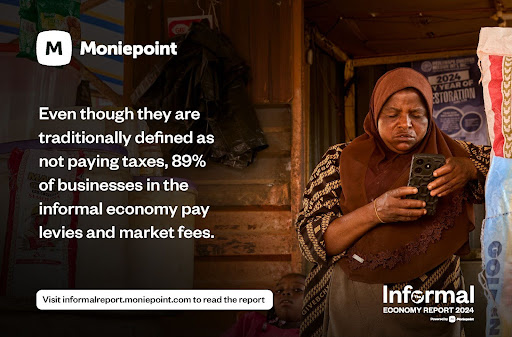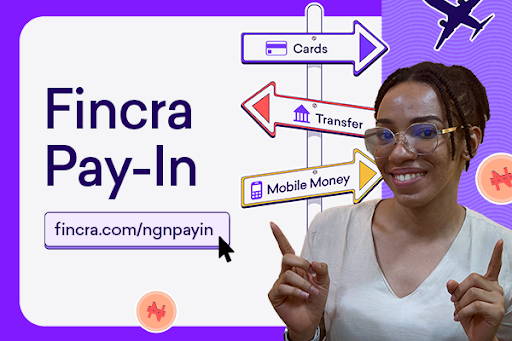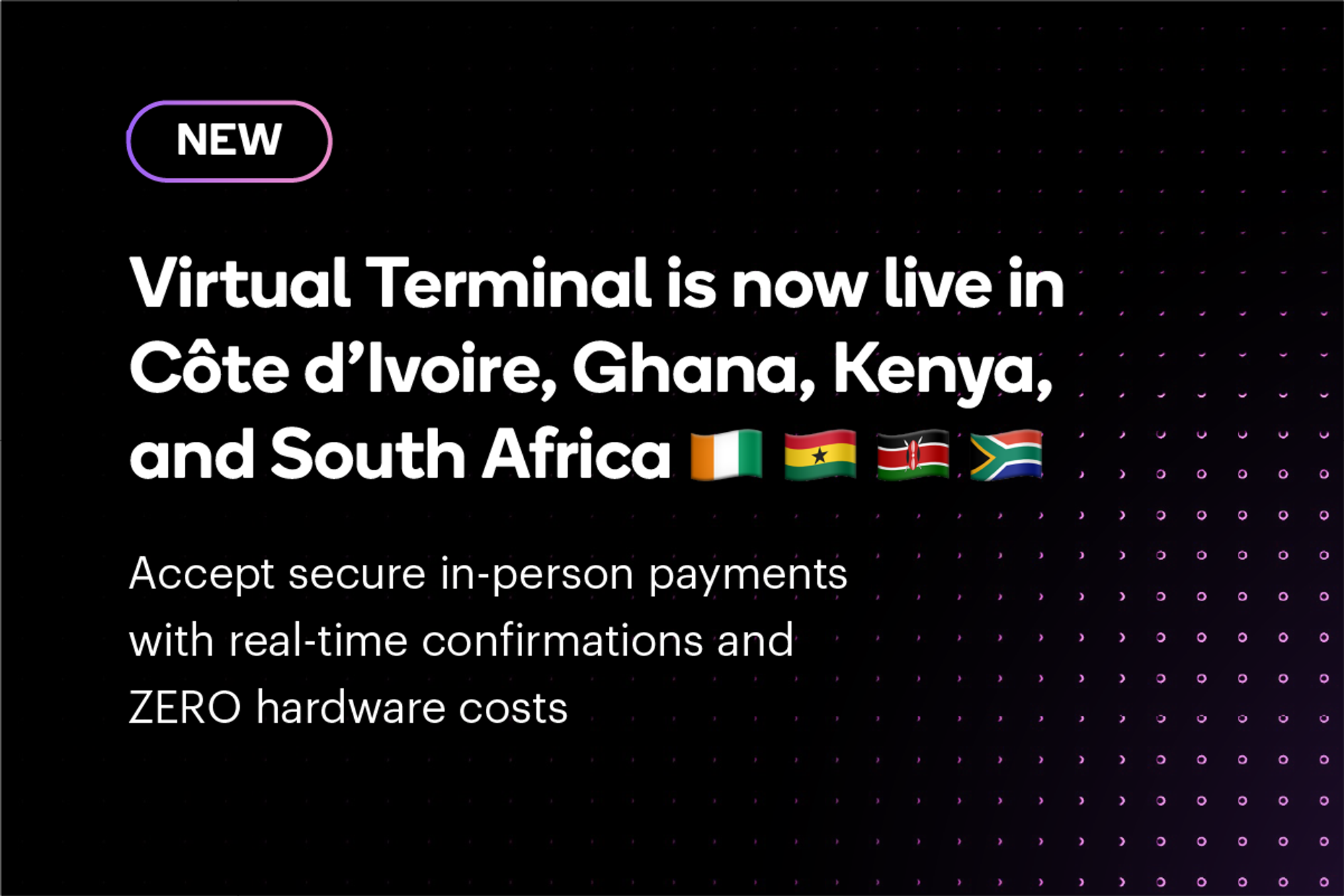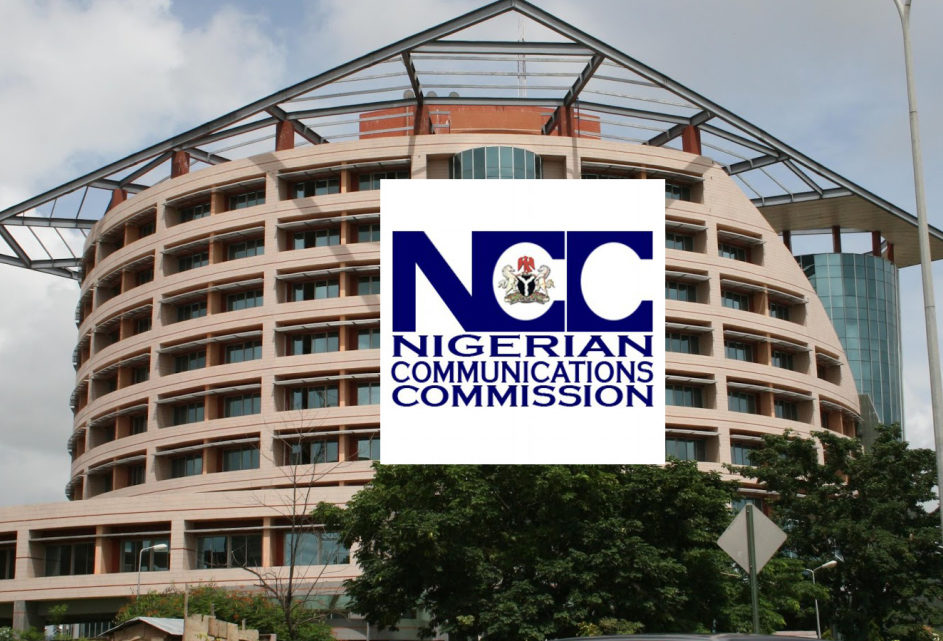

Good morning ☀️
If you’re an African founder ready to showcase your innovations to a global audience, or an investor interested in backing audacious startups, then TechCabal Battlefield is for you!
This year, TC Battlefield will feature deal room sessions, a pre-accelerator programme, the Fastest Growing African Startup Award, and a bigger prize money for startups. Investors will also gain exclusive access to a comprehensive database of investable African startups. Register here.
WhatsApp’s potential exit is big news in Nigeria
On Friday, a Meta spokesperson told TechCabal that the demands of the Federal Competition and Consumer Protection Commission (FCCPC) would make it impossible to provide WhatsApp in Nigeria if it followed the commission’s demands.
If all this sounds new to you, here’s a dry recap:
- The FCCPC and NITDA concluded a three-year investigation into WhatsApp two weeks ago
- It fined WhatsApp $220 million after determining that a 2021 privacy policy did not give users a choice to provide consent
- Beyond the steep fine, the FCCPC also made three immediate demands, one of which was to stop WhatsApp from sharing data with third parties like Facebook
The stakes are pretty obvious. If WhatsApp stops operating in Nigeria, the future of those broadcast messages that depend on you to spread the word about something or the other could be in jeopardy.
Our reporting generated significant online discourse. If you’re still not sure what all this kerfuffle is about, catch up here before you go on.
Some Nigerians think this is a ploy to exploit big tech companies and enrich government officials, while others praised the commission for slugging it out with Meta.
The FCCPC claimed Meta was simply trying to force their hand and pointed to a huge judgment against Meta in Texas. Government types used the Texas judgment as their talking point too and railed against WhatsApp.
The FCCPC responded again that Meta is trying to influence public opinion, and it may be right. Atedo Peterside, reporting for our mummies and daddies everywhere, said people were already suffering enough and the government should allow us to enjoy WhatsApp. One person said we have Zuckerberg on speed dial (we wish o!) and said we should help Nigeria beg.
But the FCCPC doesn’t look like it’s giving the matter up. We expect Nigerians to react differently to news like this; some have started jumping buses to alternative apps like Telegram and Signal. For us at TechCabal, we’ll be right here in your inbox, popcorn in hand, bringing you the latest on the WhatsApp saga.
Read Moniepoint’s 2024 Informal Economy Report

89% of businesses in the informal economy pay levies and market fees. The informal economy is typically described as untaxed, but is that true? Click here to find out more.
NCC wants to let you know how you spend your internet data
I once expressed my frustration in the office about MTN’s internet charges. “How can I use up 8GB of data just writing three drafts?” I asked, puzzled. My colleagues burst out laughing. In response, my Editor made this argument: with fast internet speeds, many background interactions consume more data.
Many other Nigerians have had similar complaints, including airtime being exhausted faster than expected.
Nigeria Communications Commission (NCC) had a similar explanation to my Editor. According to the NCC, several factors contribute to data depletion for most subscribers, including background apps running without their knowledge and automatic updates on mobile devices.
Whatever side you are on, the NCC wants to give you full disclosure on how your data and airtime are spent.
In its “Guidance for the Simplification of Tariffs” document, the regulator asked all telcos in Nigeria to clearly explain their call and data charging methods to subscribers, ensuring they understand exactly how they’re being billed. Telcos must now provide this information on a dedicated tab on their websites.
“The table must display all information which is necessary to enable the subscriber to make a comparison between the offered tariff plan and others, and thereby make an informed choice,” it said.
The information will include how users are charged per minute and second and rates per megabyte/kilobyte/gigabyte.
Collect payments anytime anywhere with Fincra

Are you dealing with the complexities of collecting payments from your customers? Fincra’s payment gateway makes it easy to accept payments via cards, bank transfers, virtual accounts and mobile money. What’s more? You get to save money on fees when you use Fincra. Get started now.
The Future of Africa’s EV market
Electric mobility in Africa is still in its development stage. Although the sales of electric vehicles (EVs) on the continent have increased in recent years, they have remained the lowest worldwide.
For instance, South Africa is the continent’s largest e-mobility market, yet electric vehicles account for 0.05% of the total 12 million automobiles in the country at 1,000 EVs as of 2022. While these electric vehicles offer cost-effective and environmentally friendly alternatives, their path to widespread adoption is faced with controversy and challenges.
h;in hopes of increasing government earnings to help pay back its debts.
The chart shows that the projected stock of electric vehicles (EVs) in sub-Saharan Africa by 2040 is expected to be 13.5 million in the base case and 25 million in the accelerated case. The base case assumes that current trends continue, while the accelerated case assumes that there are significant policy interventions to accelerate the transition to EVs.
As the majority of EVs in sub-Saharan Africa are expected to be two-wheelers, this also makes electric motorcycles hold significant potential in Africa, given the continent’s vast fleet of two-wheeled vehicles due to their affordability, durability, and manoeuvrability as attractive options for African riders. Now, the ambitious goals of African EV startups are now met with doubts due to several factors such as high EV prices, unfriendly government policies, lack of charging infrastructure, high customs duties, and poorly maintained roads create substantial roadblocks for the industry.
A major hurdle for EV adoption in Africa is the reliability and affordability of electricity supply. Inconsistent electricity availability and sky-high prices are clogging the wheels of EV adoption in Africa. African governments need to elevate their game and invest in improving the grid infrastructure to power up the EV revolution. However, such infrastructure development requires substantial investment. According to estimates, annual funding of $100 million is needed from international governments and aid organizations to scale EV adoption in Africa to 10% of total vehicle sales by 2027.
From carbon footprints to charging challenges and the need for international funding, the road ahead may be a bit bumpy. African governments, alongside international support, need to step on the accelerator, address policy barriers, and spark innovation to make this EV adventure a success to set Africa ready for an electrifying future on its roads.
Paystack Virtual Terminal is now live in more countries

Paystack Virtual Terminalhelps businesses accept secure, in-person payments with real-time WhatsApp confirmations and ZERO hardware costs. Enjoy multiple in-person payment channels, easy end-of-day reconciliation, and more. Learn more on the Paystack blog →
- There are 4 days left to take advantage of Early Bird prices! Meet founders, investors, and industry experts at Moonshot. Get tickets here.
- Join the 24 Fintech Africa Roadshow Webinar! We’re excited to invite you to our upcoming webinar on Monday, July 29th at 3:00 PM WAT. Discover opportunities for African technology companies at the 24 Fintech Summit, happening from September 3 – 5, 2024, in Saudi Arabia. Speakers include leaders from the fintech industry, providing insights on global fintech trends and opportunities. Don’t miss out on this chance to connect and learn. Register Now.
- Join Career Brunch 2024 on August 17, 2024, in CcHUB with successful professionals from diverse fields and beyond for an exclusive (physical) career hangout for all professionals. Whether you’re a 9-5er, entrepreneur, founder, or young and upcoming professional looking to climb the career ladder, scale your business or transition, Career Brunch has something for you. This is your golden ticket to connect with industry leaders and professionals from MTN, CcHUB, McKinsey, Spotify etc., gain invaluable insights, and supercharge your career trajectory. Get your ticket at www.tix.africa/thebrunch.

You should definitely read these 👇🏾
Written by: Emmanuel Nwosu, Mobolaji Adebayo & Faith Omoniyi
Edited by: Muyiwa Olowogboyega & Timi Odueso
Want more of TechCabal? Sign up for our insightful newsletters on the business and economy of tech in Africa.
- The Next Wave: futuristic analysis of the business of tech in Africa.
- Entering Tech: tech career insights and opportunities in your inbox every Wednesday at 3 PM WAT.
- TC Scoops: breaking news from TechCabal
P:S If you’re often missing TC Daily in your inbox, check your Promotions folder and move any edition of TC Daily from “Promotions” to your “Main” or “Primary” folder and TC Daily will always come to you.
























